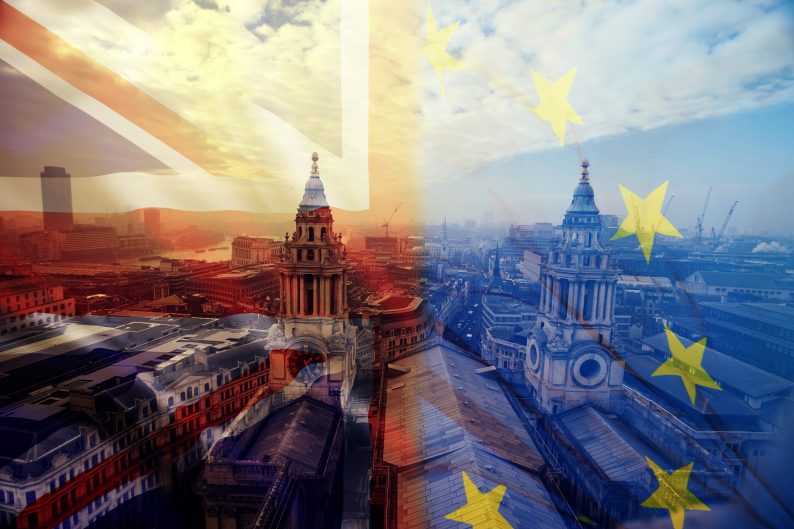Forecasts of the economic consequences of Brexit are gloomy and pessimistic in the case of the Remainers, and upbeat and optimistic for the Leavers. In the Treasury report on the long-term effects of Britain leaving the European Union published in April 2016, for example, all the leave scenarios were pessimistic. The worst case scenario predicted that the average family would lose £5,200 per annum by 2030.
That said, a report published last year by economics Professor Patrick Minford, who is a prominent Leaver, claimed that GDP would be 6 percent higher as a result of Britain leaving the European Union. Clearly, the political views of forecasters have been exercising a strong influence over their predictions.

In our book Brexit: Why Britain Voted to Leave the European Union, we criticize the Treasury report on several grounds and conclude that the long-term forecasts of the consequences of Brexit were essentially meaningless. This is largely because economic futures in 10 to 15 years are unknowable.
Any long-term forecast of the consequences of Brexit is purely speculative.
The same point, however, can be made about overly optimistic forecasts that the economy will be boosted by a precise amount from Brexit. Any long-term forecast of the consequences of Brexit, whether optimistic or pessimistic, is purely speculative. Your guess is as good as ours.
Rather than making unrealistic forecasts about the consequences of Brexit, it is much better to look at what has happened to the UK economy in the 18 months since the referendum. In the words of Aneurin Bevan, the founder of the NHS: “Why gaze into the crystal ball when you can read the book?”
Measuring Economic Prosperity Before and After Brexit
We can look at key indicators of economic prosperity such as growth, employment, inflation, stock prices, and, more generally, consumer confidence and see if Brexit has had any impact on them over this period. This exercise shows that trends in growth, unemployment, and inflation remain essentially the same after the EU Referendum as they were before, reinforcing the point that some of the gloomier predictions about what would happen to the economy following the referendum have proved false.









Leave A Comment